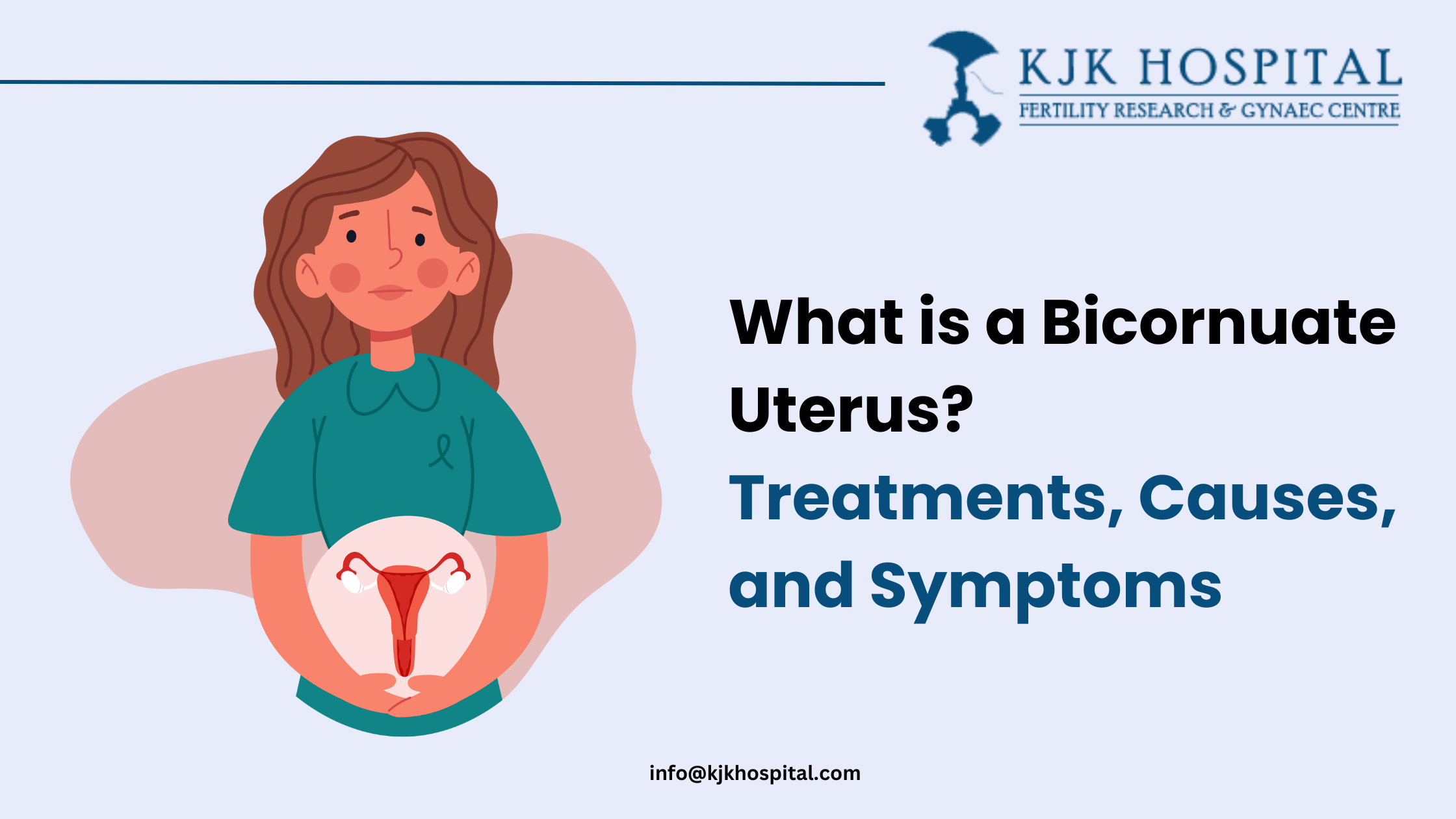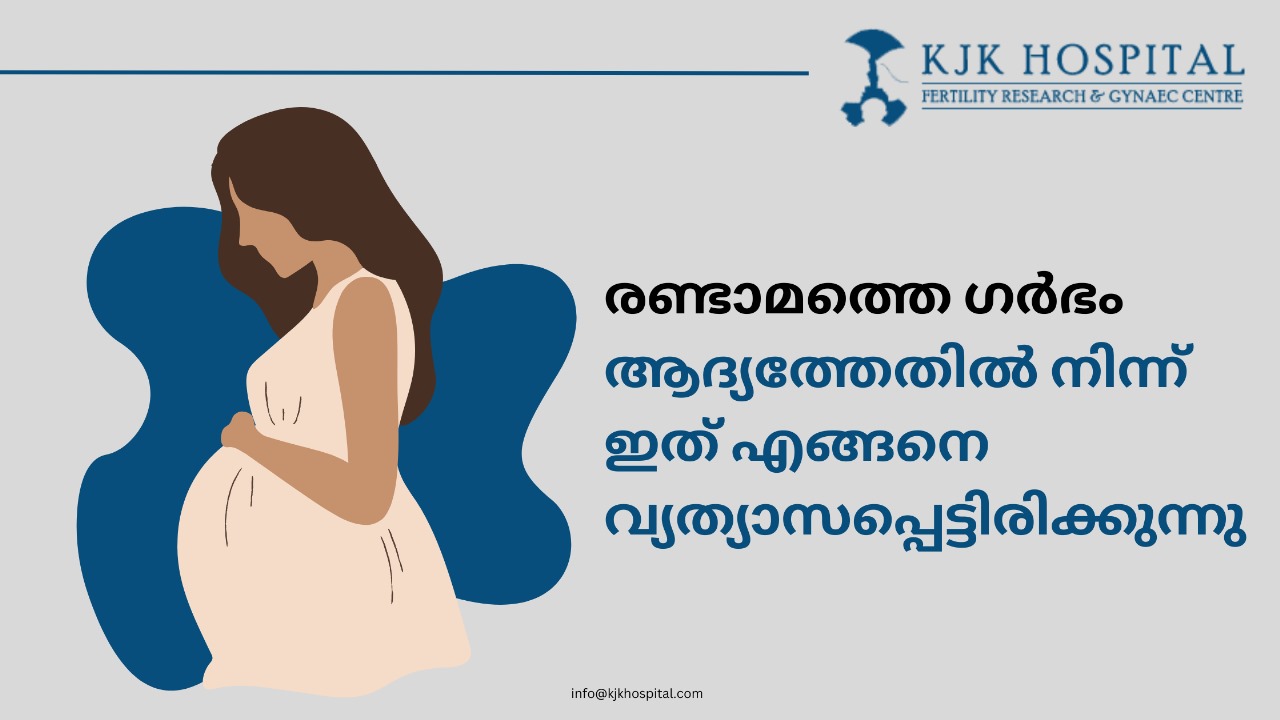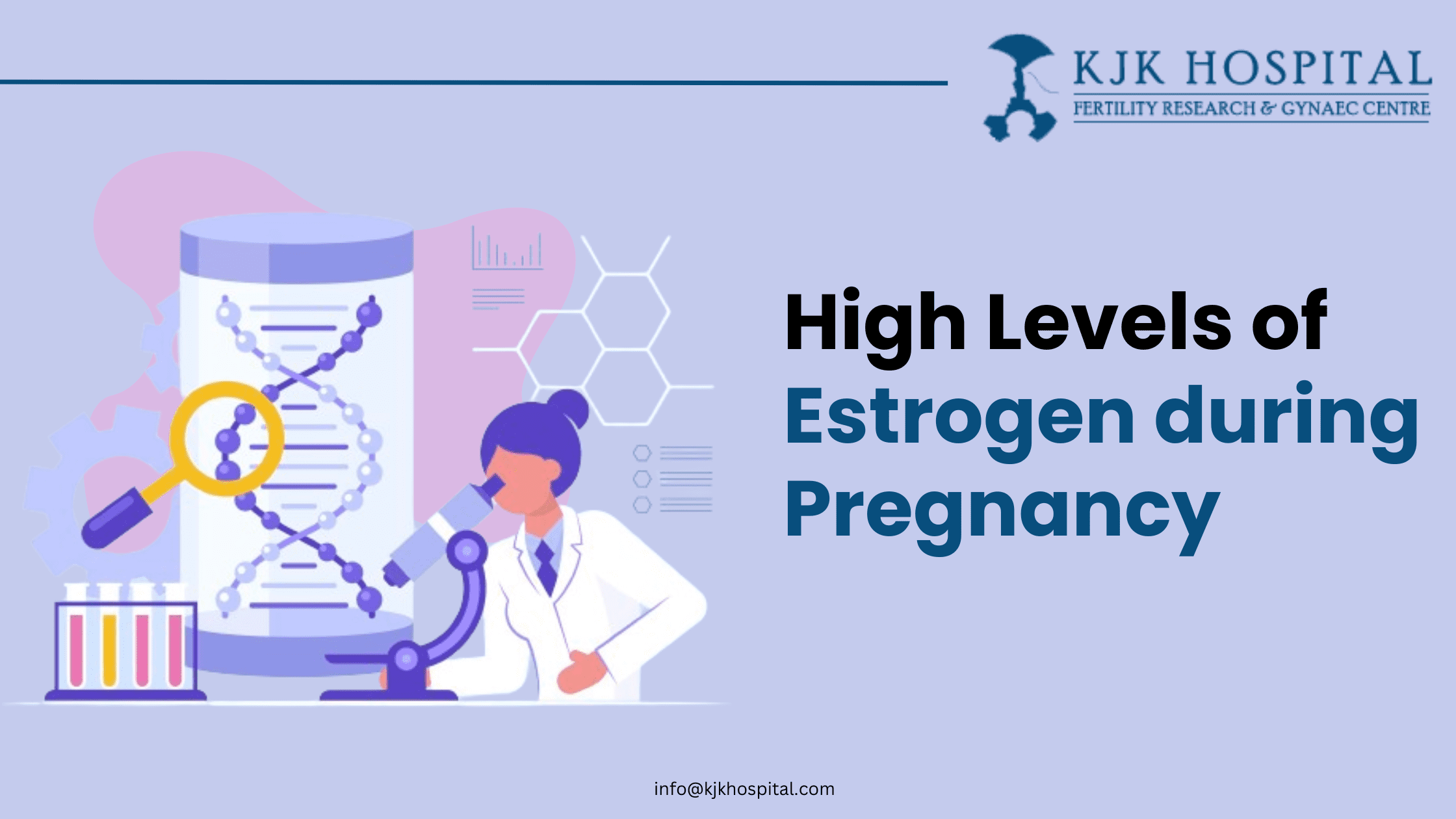Polycystic ovary syndrome, or PCOS, is a condition that affects how women’s ovaries function. An estimated 5–10% of women have PCOS, making it one of the most common hormone disorders in women. In fact, it’s the most common cause of infertility in women. Thankfully, there are multiple ways to manage this condition with lifestyle changes and treatments. If you are one of those who have been living with PCOS but are unaware of it, this article is for you. In this article, we explore what PCOS is and PCOS symptoms, causes, diagnosis, and treatment methods. But first, let’s get an idea of what exactly PCOS is.
What is PCOS?
Ovarian dysfunction is referred to as Polycystic Ovary Syndrome (PCOS). The ovaries become cystic and dysfunctional, constituting this medical disease. The ovary is a crucial organ in the process of conceiving a child. Period irregularity is a common symptom of polycystic ovary syndrome. Alternatively, you may experience lengthy intervals of bleeding. The hormone androgen, which can cause unwanted facial hair, may also be present in excessive amounts in your system. When PCOS is present, several tiny fluid sacs form around the ovarian periphery. Cysts are the medical term for these abnormal growths.
Symptoms of PCOS:
Possible PCOS symptoms include:
- Cystic or overly-sized ovaries.
- Menstrual cycles that are irregular or very light, or you often miss them.
- Accumulation of fat, most noticeably in the abdominal region (abdomen).
- Infertility.
- The presence of an excessive amount of hair anywhere on the body, particularly on the breast, abdomen, and back.
- oily skin.
- Acne is a common skin condition, and some people with PCOS may have it to a severe degree.
- Shreds of slack skin—like skin tags around the neck and underarms.
- Discolouration or thickening of the skin on the nape of the neck, the upper arms, and the chest area.
- Hair loss or thinning in women occurs most often in men.
- Women with PCOS have a heightened propensity to gain weight due to hormonal irregularities.
- Patients with PCOS often experience extremes of emotion. They’re vulnerable to extreme low moods and worry.
Causes Of PCOS:
The origins of polycystic ovary syndrome are unclear. However, some of the things among the variables that could play a role are:
1) PCOS runs in families:
Those who have a first-degree female relative with PCOS are at a higher risk of developing the disorder themselves.
2) Refractory Insulin and Dietary Patterns:
When a person develops insulin resistance, their cells cease functioning appropriately to insulin and begin to prevent glucose from entering the cells. In other words, your body isn’t making good use of the insulin it has.
3) Inflammation:
PCOS can cause an increase in inflammation markers in women. Furthermore, excess weight can also play a role in the development of inflammation. Higher testosterone levels have been associated with inflammation in polycystic ovary syndrome.
4) Weight:
It has been suggested that insulin resistance and the signs of polycystic ovary syndrome may both be exacerbated by being overweight. Some people with PCOS say they have never had symptoms like missed periods or significant hair growth and are also of normal weight. But these signs only show up after they gain weight.
Diagnosis of PCOS
In order to get a full picture of your health, your doctor will inquire about your symptoms and past medical conditions. A physical exam is also part of the process. A pelvic exam is probably going to be a part of this. This test evaluates the internal and external condition of your reproductive system.
It’s important to note that PCOS has several symptoms with other conditions. As a result, you might additionally need to pass tests like:
1) Ultrasound:
The purpose of this examination is to detect the presence of cysts on the ovaries and assess their size. It additionally measures endometrial thickness (endometrium).
2) Examining the blood:
These tests detect a high level of androgen and other hormones. It may also be necessary to check your blood glucose levels, cholesterol, and triglycerides.
3) Pelvic test:
Performing a pelvic examination can help the health practitioner diagnose your health condition.
Treatment Of PCOS
Multiple aspects must be considered before deciding on a treatment plan for polycystic ovary syndrome. Your age, the severity of your symptoms, and your general health may all play a role. Your future plans for pregnancy may also affect the course of treatment you get.
You may have the following procedures if you do not wish to have children:
- Pharmaceutical methods of preventing pregnancy help regulate periods, eliminate excess androgens, and clear up acne.
- In PCOS, meds for people with diabetes are a common method for decreasing insulin resistance. It has the potential to lower testosterone levels, inhibit hair growth, and promote regular ovulation.
- Weight loss and symptom improvement are both possible with a more healthy lifestyle. Additionally, modifications to one’s eating habits and level of physical exertion can improve insulin sensitivity, reduce blood sugar, and even stimulate ovulation.
- Hair growth and acne scarring can be controlled by some over-the-counter drugs.
You may undergo the following procedures if you intend to conceive:
- Weight loss and symptom improvement are both possible with a more healthy lifestyle. Additionally, they can improve insulin sensitivity, reduce blood sugar, and even stimulate ovulation.
- Ovarian stimulation drugs aid in the natural release of eggs from the ovaries. There are potential downsides to these drugs as well. They may contribute to preterm delivery (twins or more). And they can trigger overstimulation of the ovaries. This condition occurs when hormone production from the ovaries is excessive. Symptoms may include a painful abdomen and pelvic area.
Conclusion:
PCOS can occur at any age, but most cases occur among women in their 20s and 30s. Some of the risks associated with PCOS are an increased risk of developing type 2 diabetes and metabolic syndrome and an increased risk of developing certain types of cancer. Book a consultation with the best gynaecologists in Trivandrum at KJK hospital, and have a thorough checkup on your PCOS condition. Follow a healthy lifestyle to curb the symptoms and lead a healthy life.








